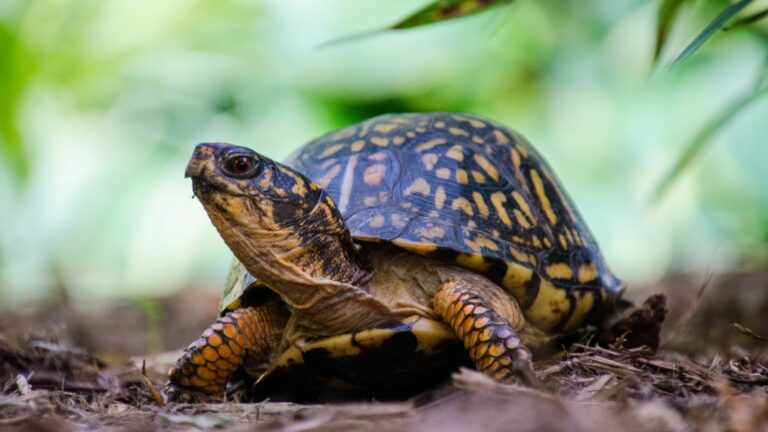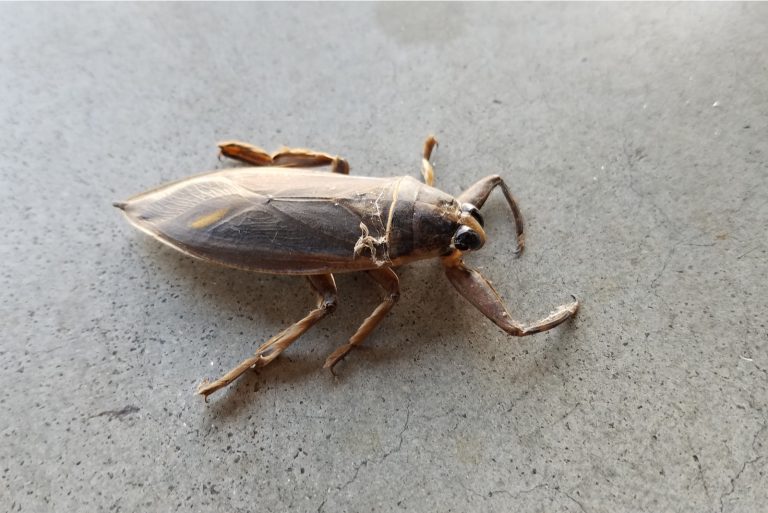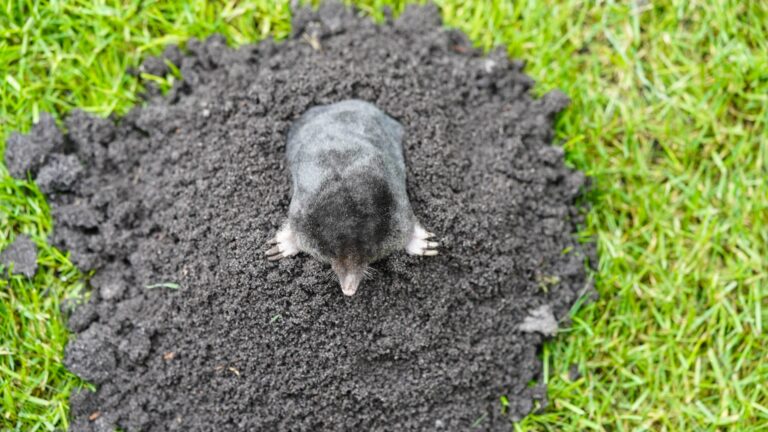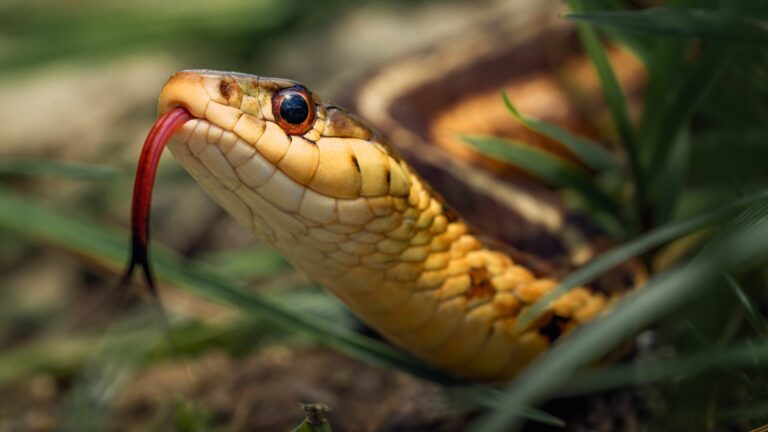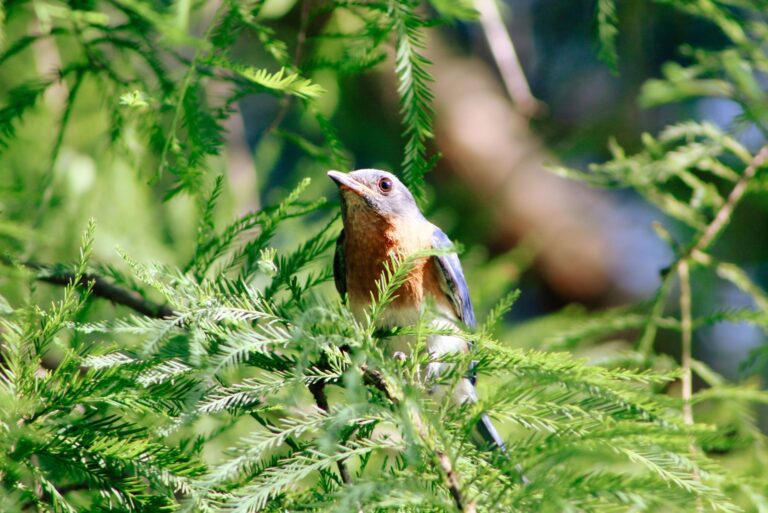These Are The 14 Bugs You Should Never Destroy In Your Garden (And The Benefits They Bring)
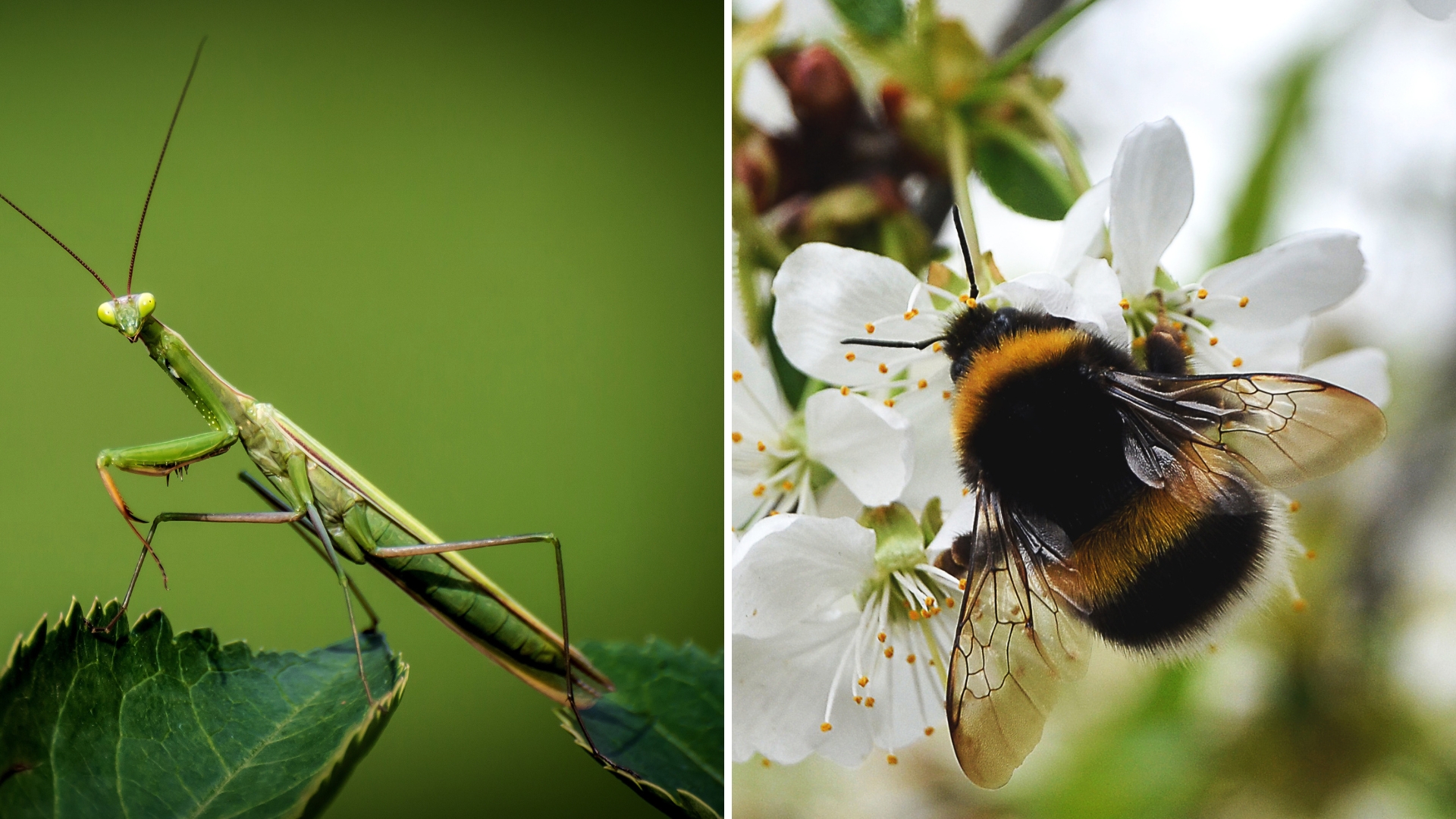
Ask any gardener what their biggest headache is, and odds are they’ll say bugs. These tiny troublemakers can turn months of hard work into a feast.
I used to think any bug was bad news in the garden, but here’s the twist: not all bugs are villains!
In reality, every bug has a role to play and if they aren’t causing any issues, we should let them stay. Of course, if they start wreaking havoc on your garden, you should control them!
Managing pests can feel like an uphill battle, but we’ve got a hidden helper – bugs (again)! Yep, some bugs are natural defenders, chasing off the real villains in our gardens.
So, if you spot any of the tiny creatures I’ll list below, DO NOT destroy them. They’ll work magic for your outdoor space!
1. Lady Beetle – So Tiny, Yet So Powerful
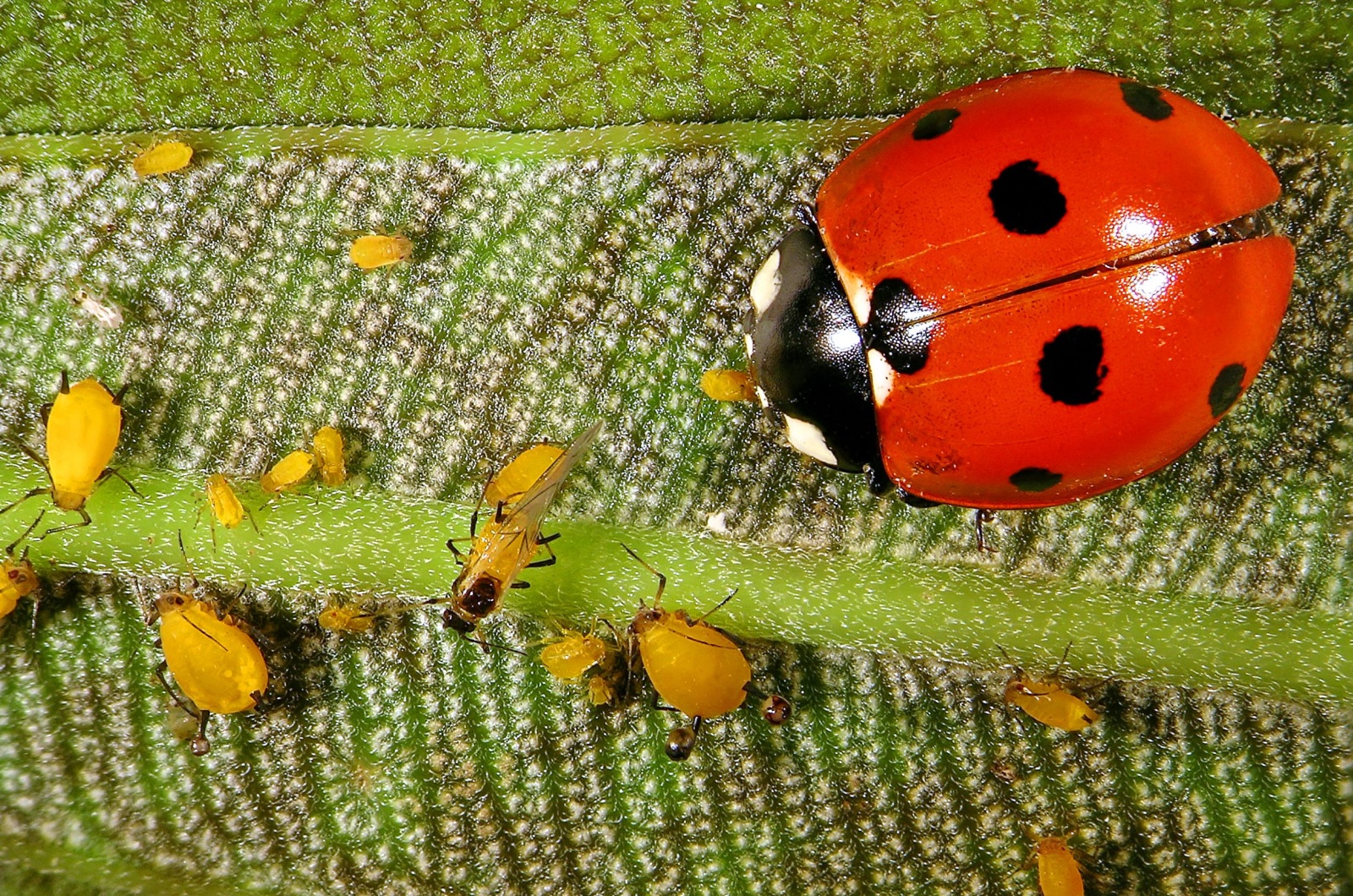
I’ve always been fond of lady beetles aka ladybugs and it’s probably due to their cute looks. But little did I know… The first surprise came when I spotted my neighbor releasing a bunch of ladybugs into his garden. Why would anyone want more bugs, right?
Well, it turns out that little ladybugs can eat spider mites, aphids, and many other soft-bodied insects that would otherwise destroy our plants.
But you need to be extra careful and not mistake ladybugs for Japanese or Asian ladybugs. The latter is actually an invasive species and will create a colony in your home before you know it.
2. Aphid Midge Is A Small Creature With A Big Appetite
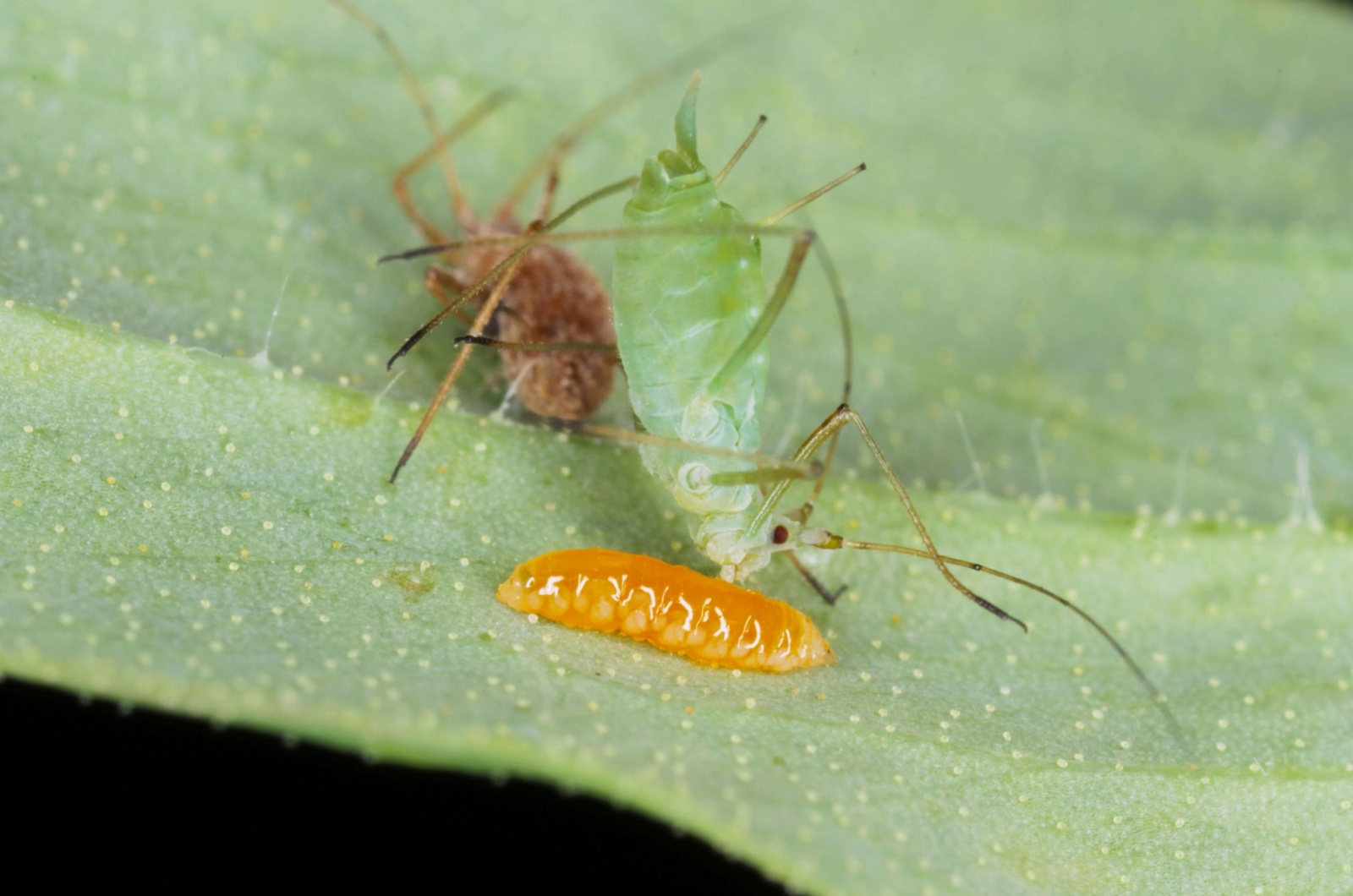
There are many ways to destroy notorious aphids in your garden, but for the fastest and best results, you’ll only need an Aphid midge.
This is definitely one of the tiniest bugs out there but don’t underestimate its power. Their favorite source of food is aphids and, believe it or not, they feed on 60 different species of these pests.
Lady beetles and Green lacewings can also help you get rid of aphids, but nothing compares to the Aphid midges!
3. Spiders Are Essential Defenders
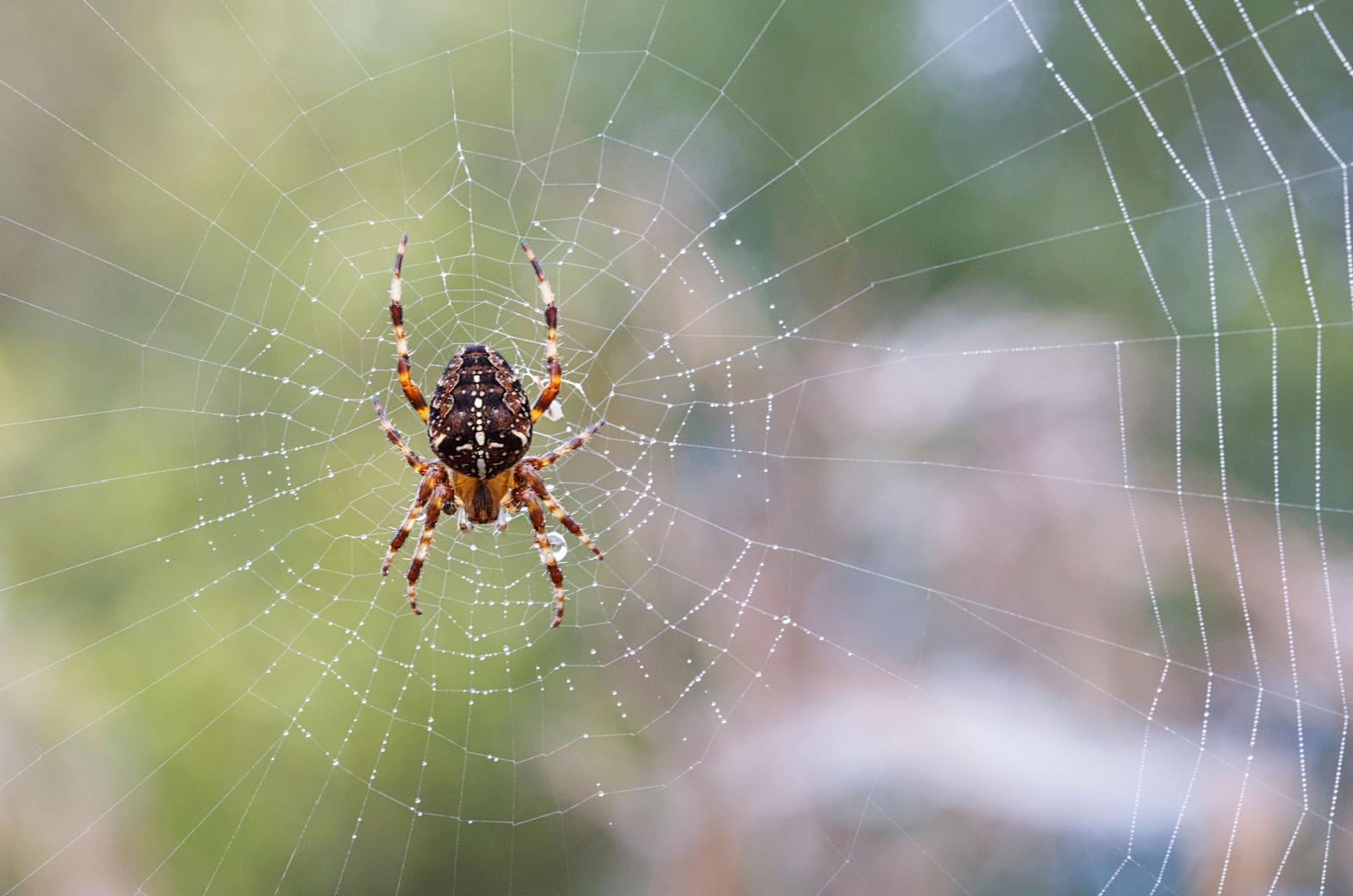
Yes, I know that the very thought of spiders frightens many of you, but trust me when I say spiders are amazing!
You may not be a fan of the webs they make but remember that they catch many soft-bodied insects. And if you’re afraid some spider will bite you, don’t worry, most of the spiders found in gardens are actually harmless.
No matter how uncomfortable it may sound, spiders are all over your outdoor space even if you don’t see them. But that’s a great thing because your garden has fewer pests than it would if it weren’t for these incredible creatures!
4. The Praying Mantis Will Keep Your Garden Clean
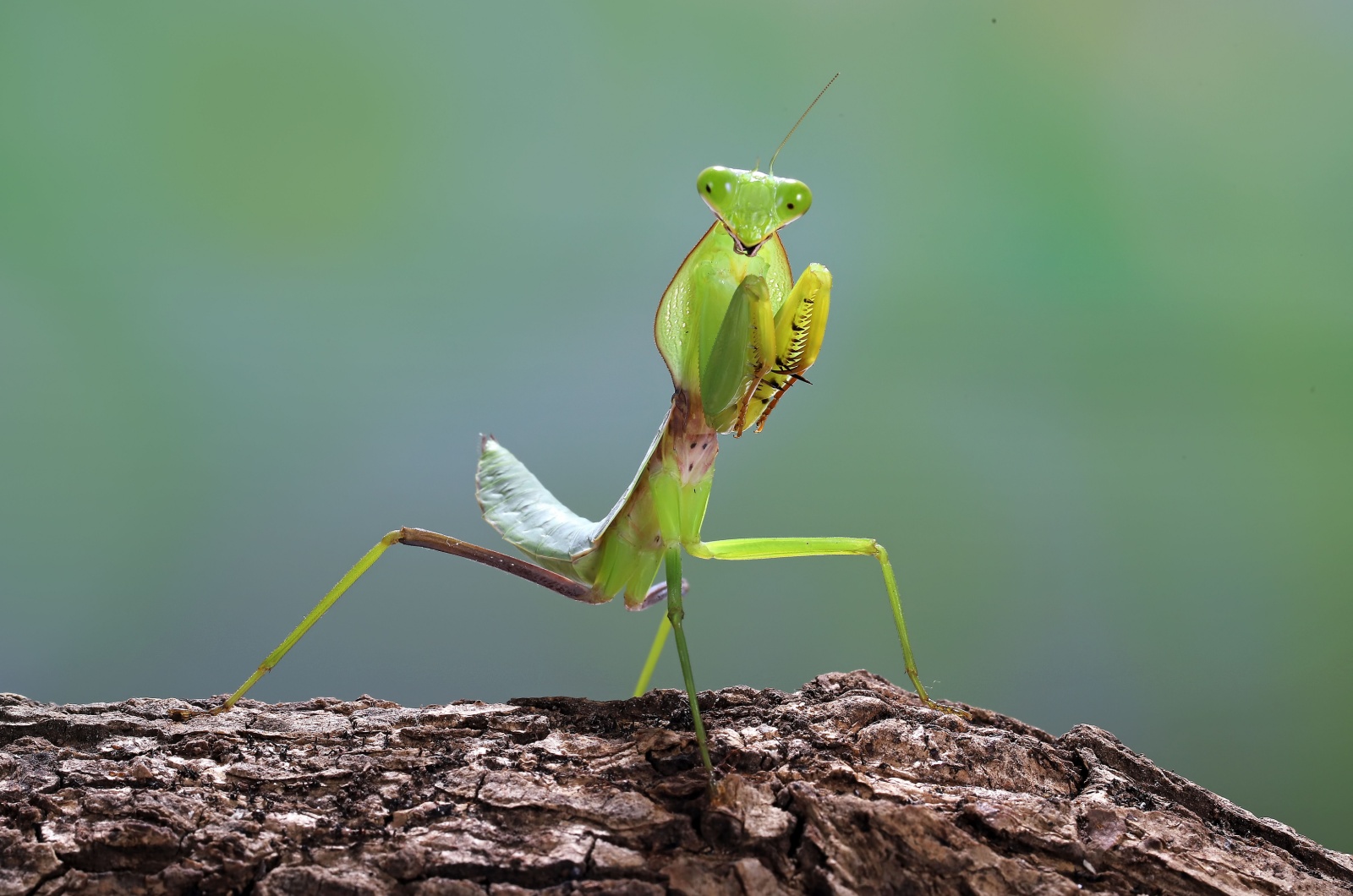
I don’t know why I find the Praying mantis insect super cute but I guess it’s because I’ve seen it at work.
You see, I had serious issues with cabbage worms before I spotted Praying mantis munching on them. I guess that’s when it became my favorite! They also enjoy feeding on aphids, beetles, and caterpillars.
If you don’t spot any Praying mantis in your garden but see it elsewhere in nature, take it and bring it to your outdoor space! You’ll be rewarded!
5. Mealybug Destroyer – The Name Says It All!
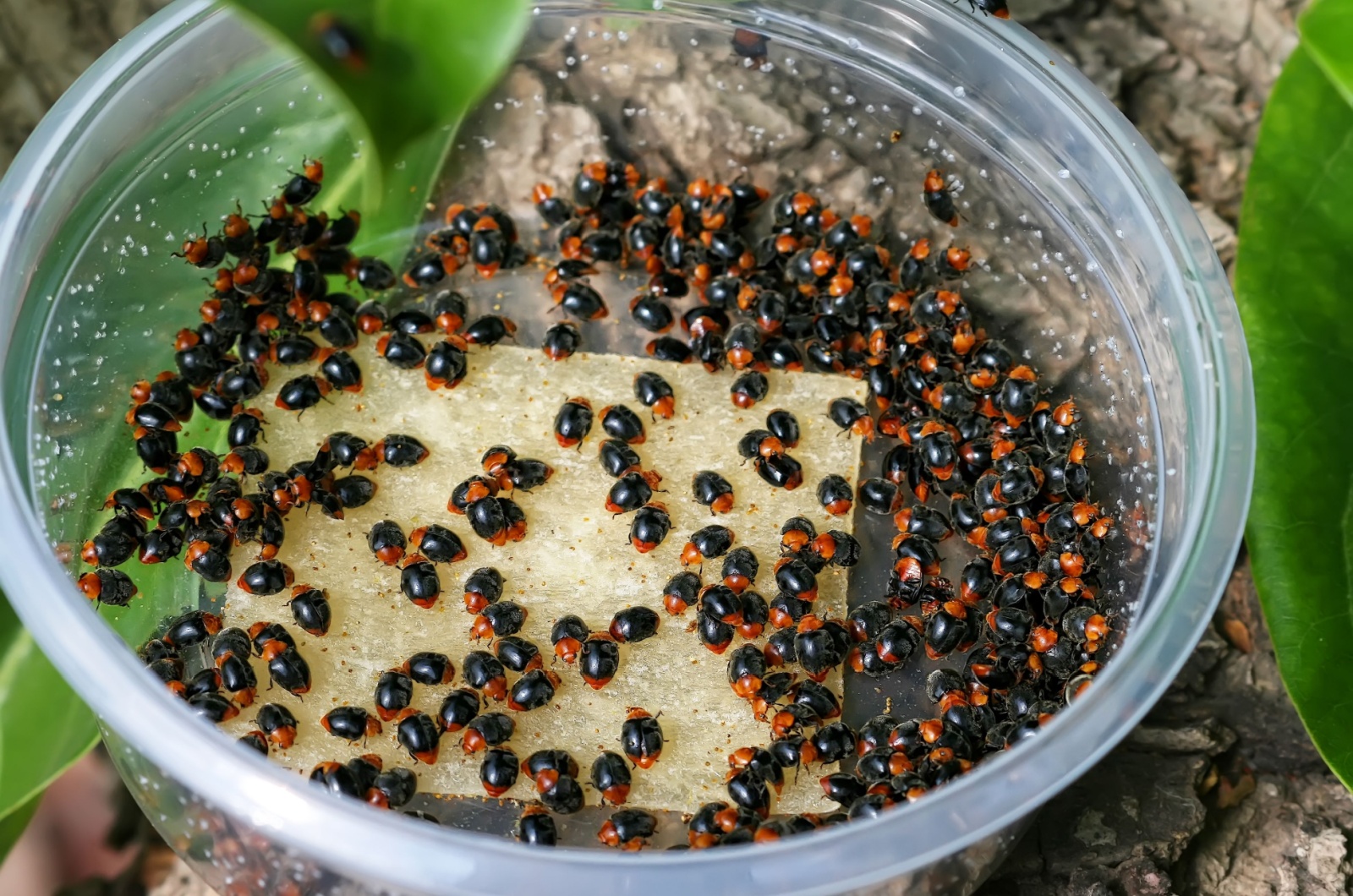
If you’ve ever been dealing with mealybugs, then you know what a nightmare is. They’re pretty challenging to get rid of and the problem is they consume plant juices and carry diseases.
If you have a greenhouse, the chances you’ll spot these creatures are really high. So, what to do?
Luckily, there’s one little insect that can help you with that. Meet the Mealybug destroyer, which was brought from Australia to help us fix the mealybug problem.
It also feeds on other soft-bodied insects, but mealybugs are their favorite.
6. Bumblebee Is A Tiny Pollinator With A Big Buzz
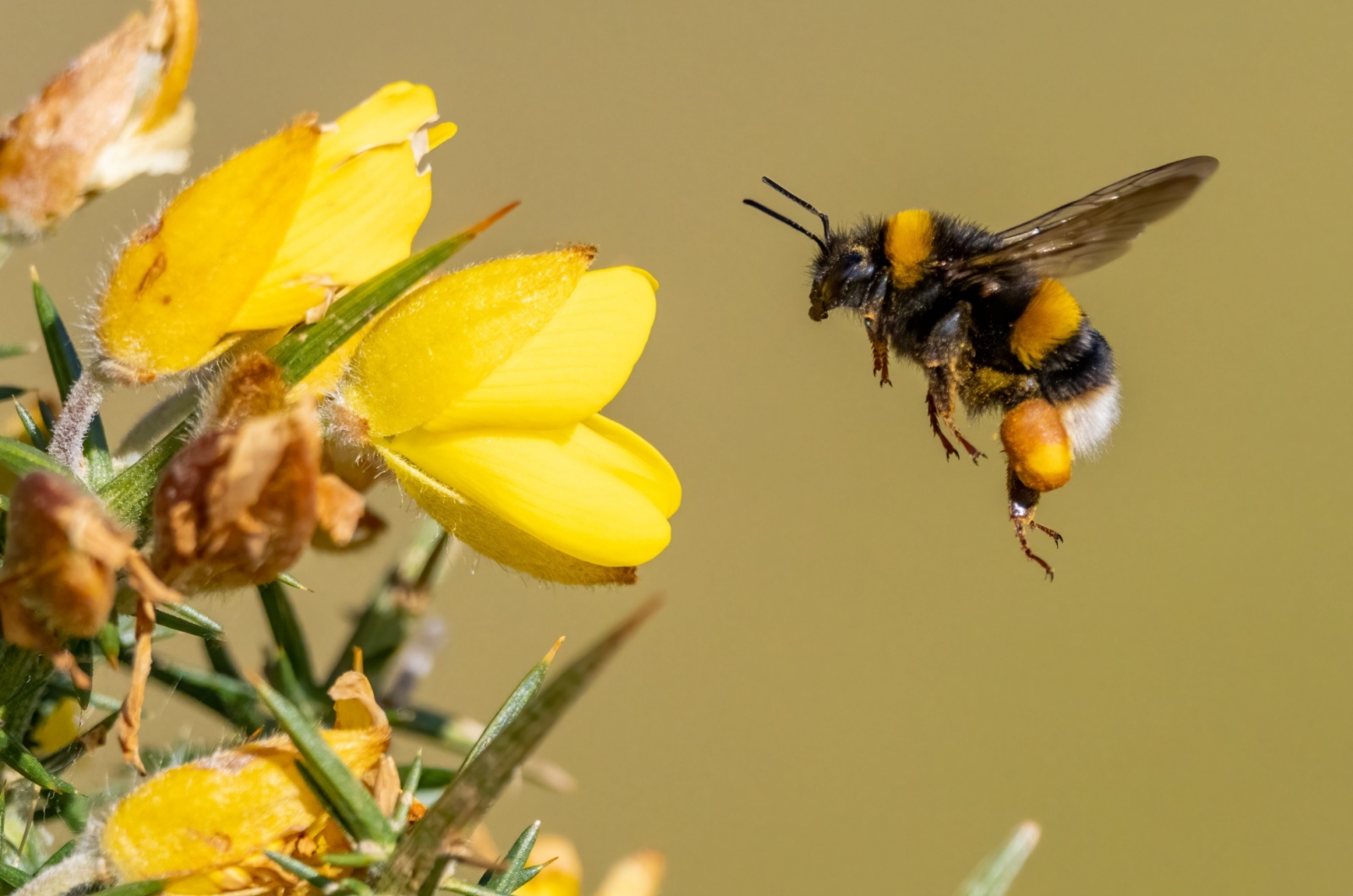
It seems that nowadays everyone is talking about honeybees and the threat of their extinction. But the truth is that they aren’t the only pollinators that are in danger.
A sudden decrease in population has also been noticed in several species of bumblebees. Some of our native bees or European honeybees can’t pollinate certain plant species. That’s where bumblebees come in!
And that’s exactly why we should never destroy them if we spot any. Consider yourself lucky because, unfortunately, seeing them doesn’t happen often today.
7. Dragonfly – The Flying Hunter
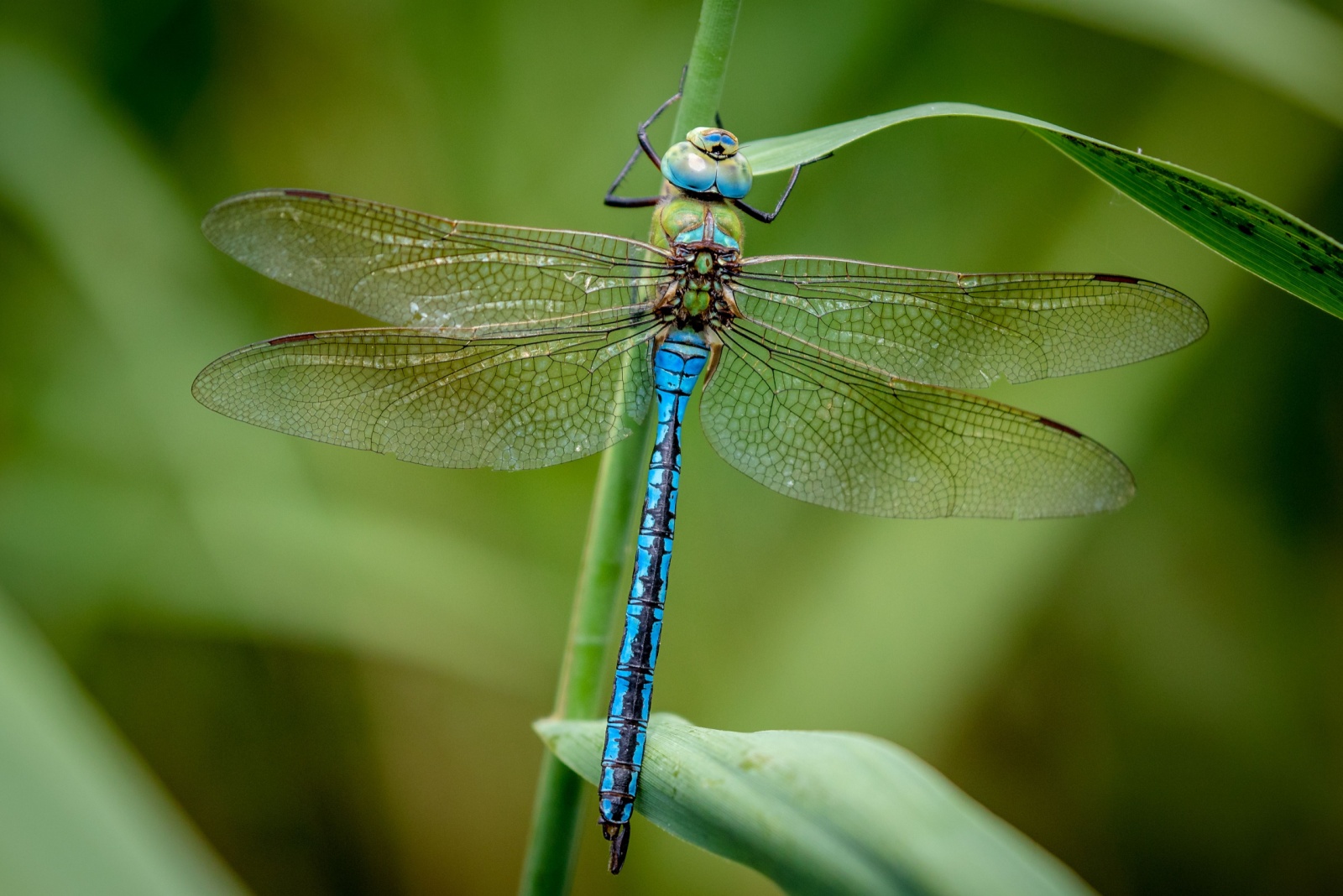
Dragonflies, with their incredible flight skills, are excellent predators for controlling flying pests like mosquitoes and gnats.
Their larvae, found in ponds and water features, also feed on mosquito larvae, making them a great ally for controlling these pesky insects around your garden.
Adding a small water feature or pond to your yard can attract dragonflies, creating a more biodiverse and visually appealing space.
8. Green Lacewings Are Also Known As Aphid Destroyers
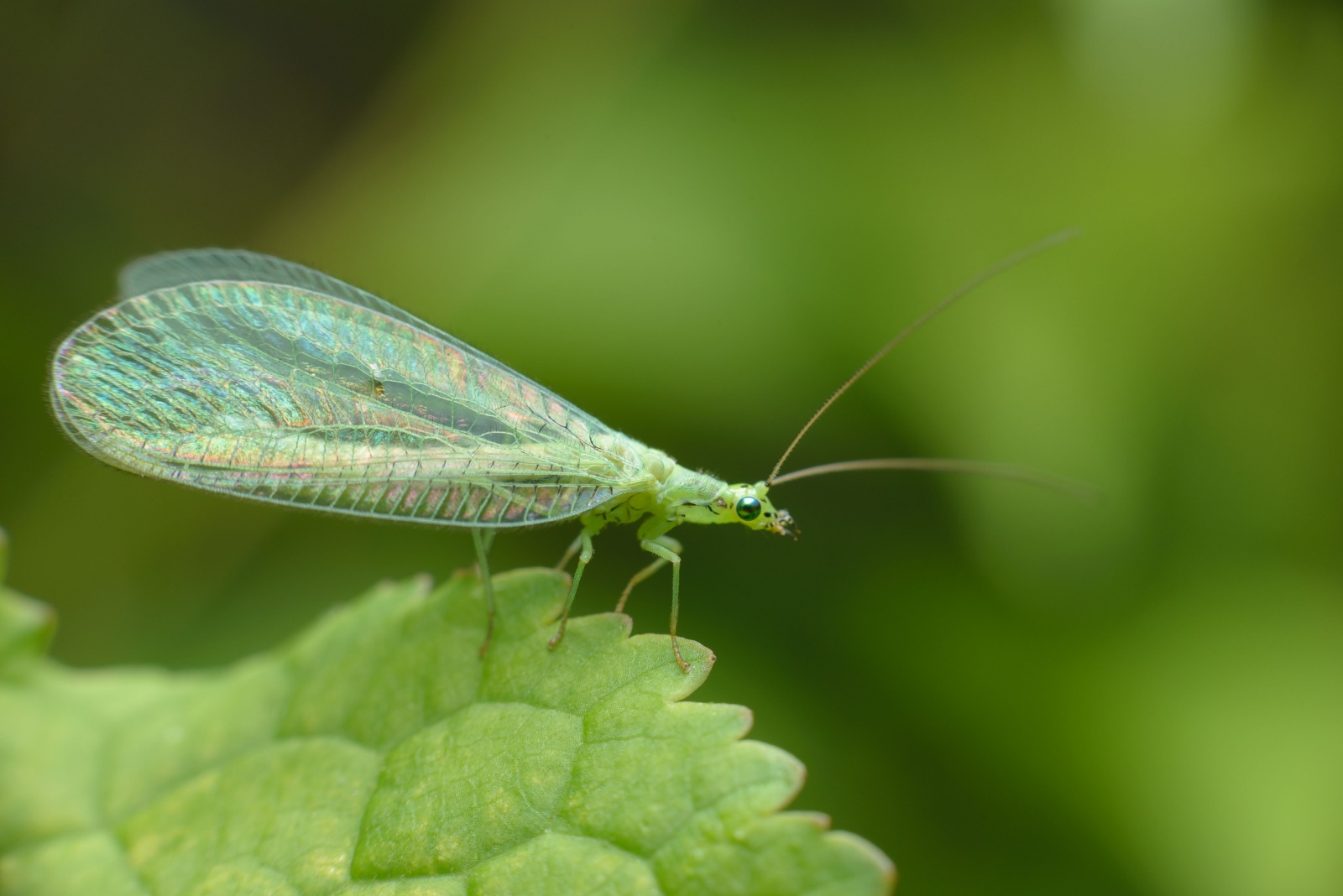
Green lacewings are often referred to as “aphid destroyers” for good reason.
These delicate, green insects are voracious predators of aphids, mealybugs, and scale insects, which can devastate your plants. Their larvae are particularly effective, actively hunting down soft-bodied pests.
Adult lacewings also contribute by feeding on pollen and nectar, helping to pollinate your flowers.
If you spot these fragile beauties, be sure to leave them undisturbed – they’re quietly working to keep your garden healthy.
9. Hoverfly Is The Garden Guardian
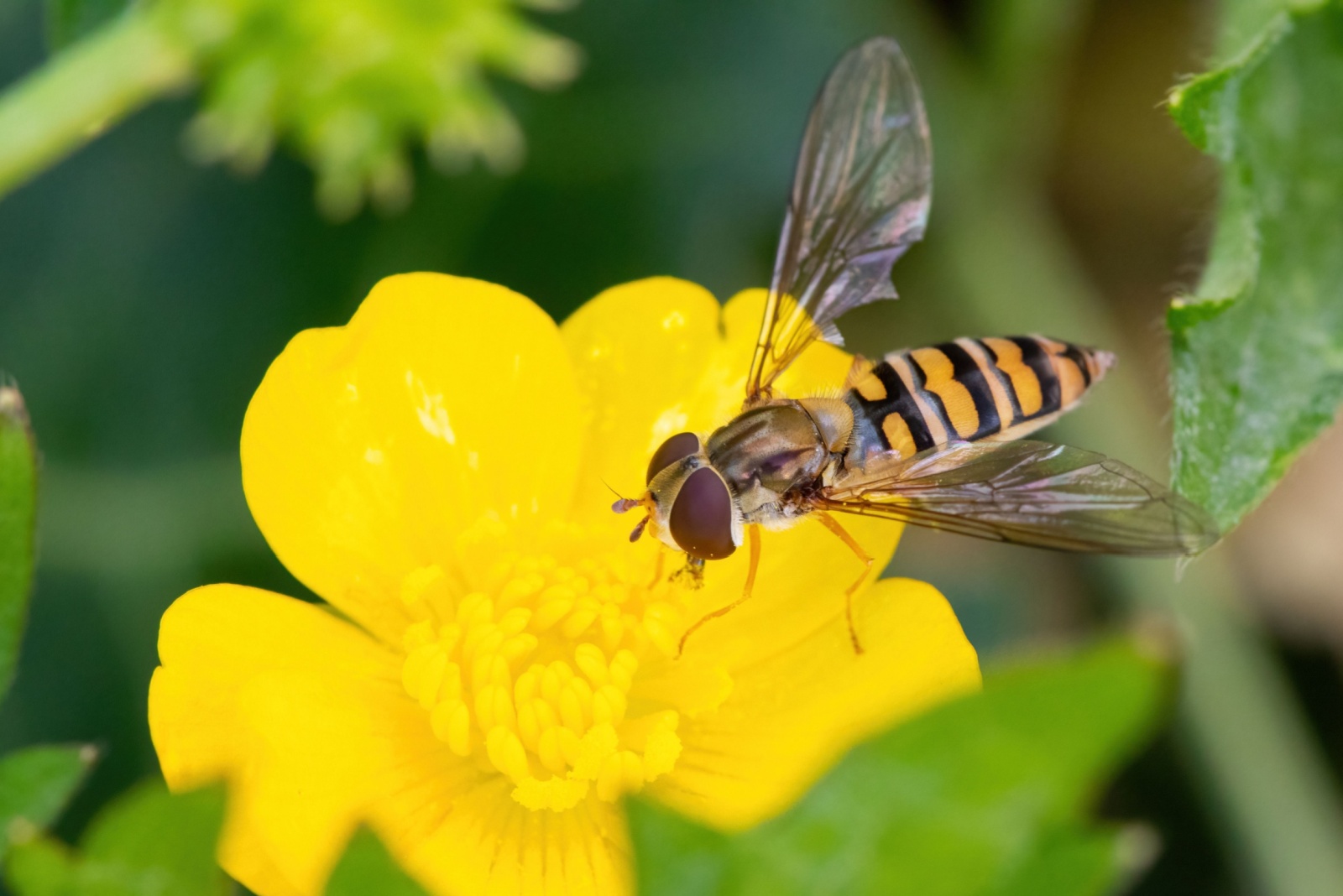
Hoverflies may look like tiny bees, but don’t be fooled. These insects are beneficial pollinators and pest controllers.
Their larvae are especially useful for feeding on aphids, mealybugs, and other destructive pests. Adult hoverflies feed on nectar, making them essential for pollination in your garden.
By planting flowers like marigolds and dill, you can attract more hoverflies and enhance their impact on your plants.
10. Tachinid Fly Is The Parasite You Need
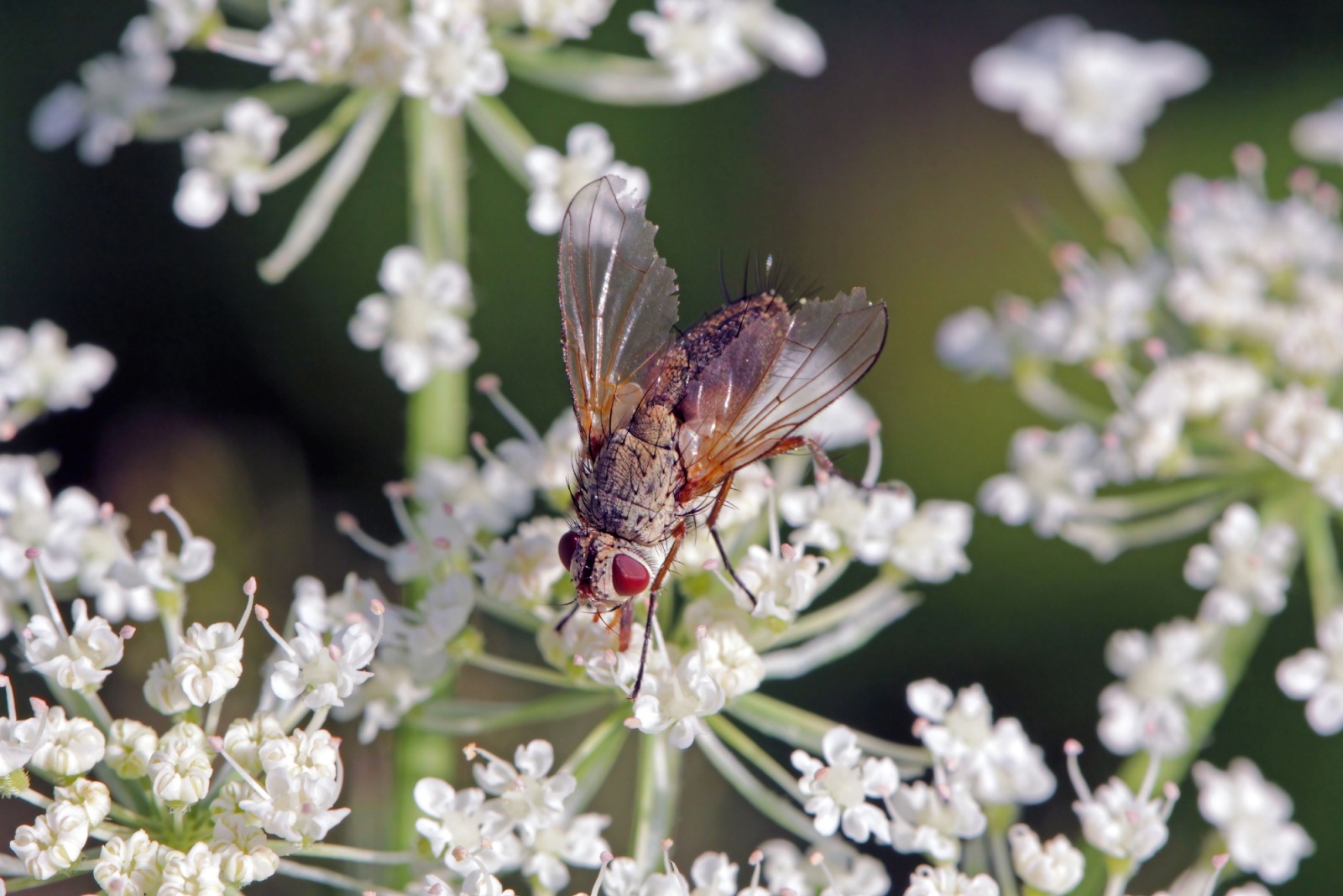
Tachinid flies are remarkable garden allies due to their parasitic nature.
They lay eggs on pests like caterpillars, and once the eggs hatch, the larvae consume the host from the inside out (scary, I know!).
This natural form of pest control is especially useful for managing caterpillar infestations without the need for chemicals.
Tachinid flies are easy to attract with flowering plants like daisies, which provide the nectar they need to thrive.
11. Rove Beetle Will Keep Your Soil Safe And Pest-Free
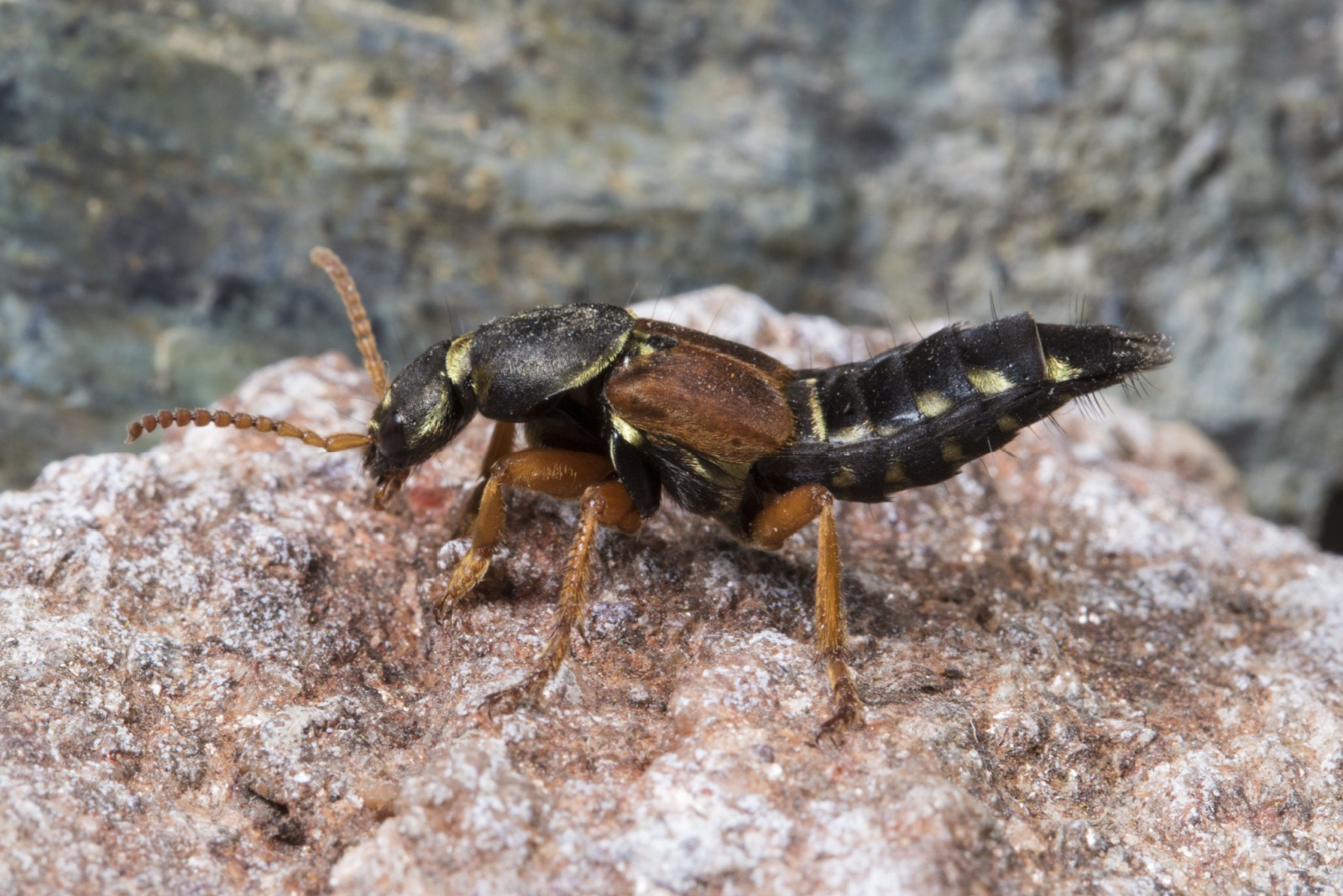
Rove beetles are helpful insects often found in the soil, where they hunt down pests like aphids, beetles, and larvae.
They are excellent at controlling the pests that reside in the soil, such as root-feeding nematodes. Additionally, rove beetles contribute to breaking down organic matter, improving soil aeration and fertility.
Keeping your soil healthy will naturally encourage these hardworking beetles to stay and protect your garden.
12. The Assassin Bug Lives Up To Its Name
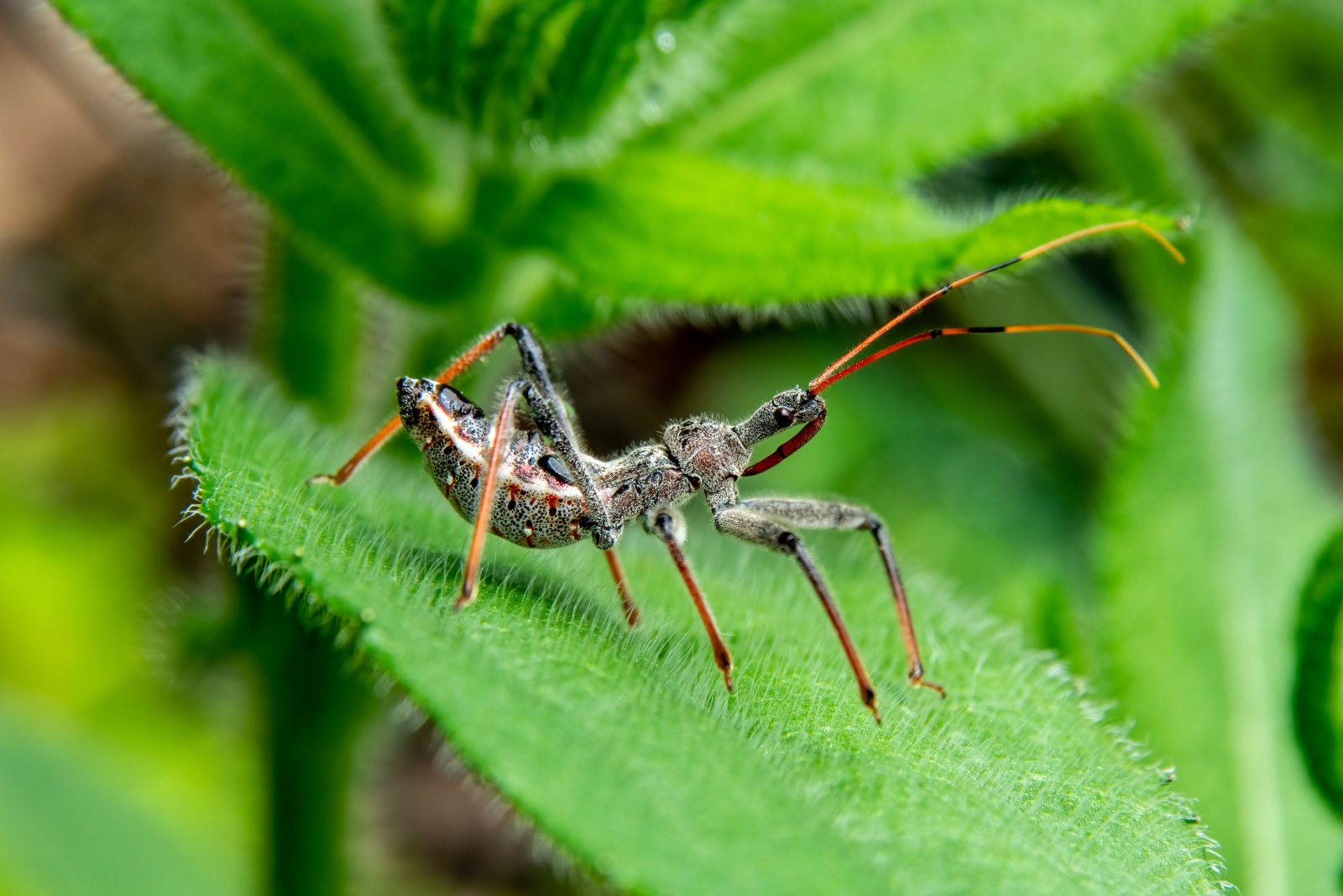
The assassin bug lives up to its name, stealthily hunting down and feeding on a variety of garden pests.
Its sharp, needle-like mouthparts pierce the bodies of its prey, including aphids, caterpillars, and even other insects. While they can bite if handled, they are harmless if left alone and invaluable in maintaining a balanced garden ecosystem.
To attract assassin bugs, grow plants like goldenrod or fennel that provide cover and a food source.
13. Ground Beetles Are The Nighttime Protectors
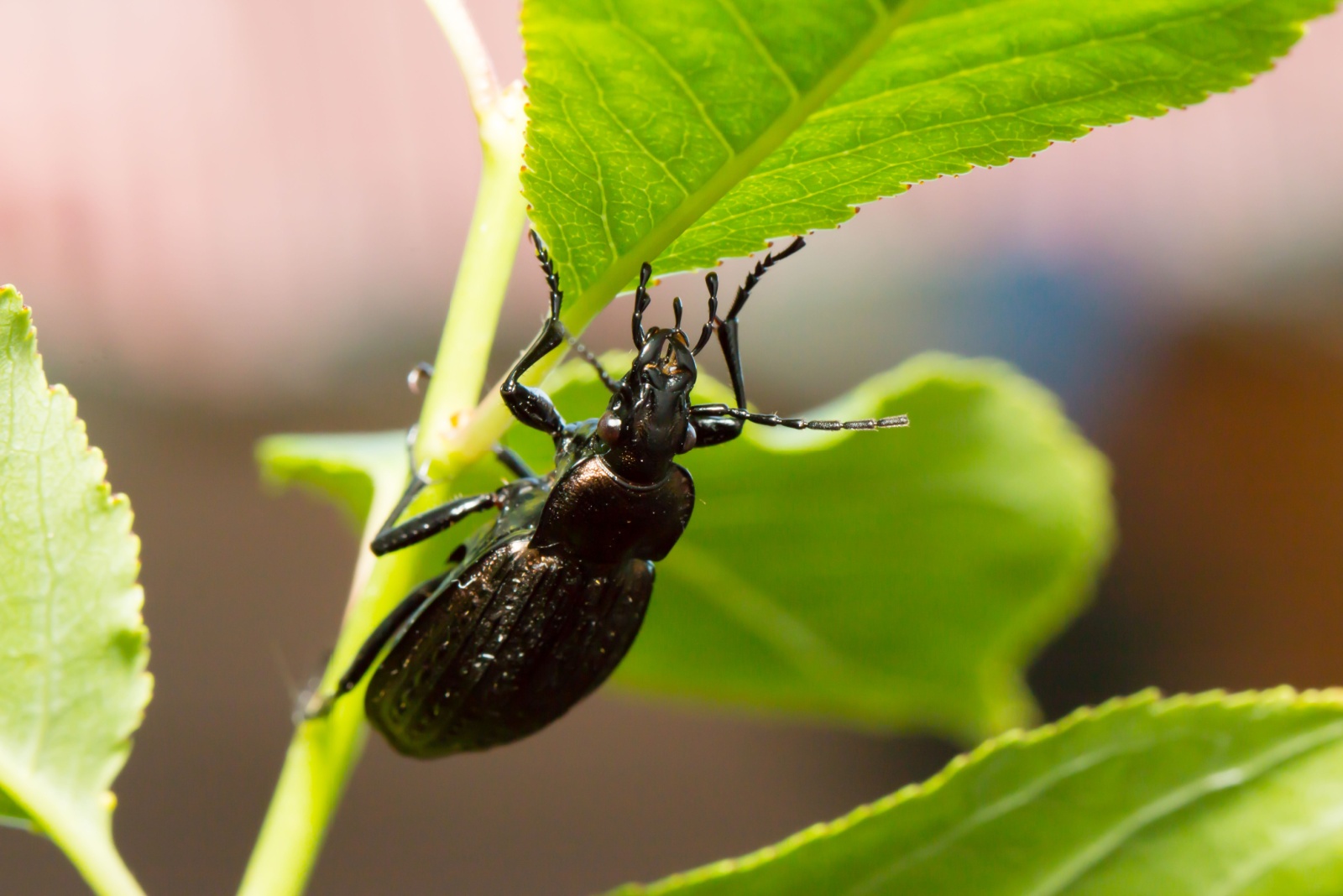
Ground beetles are nocturnal predators that patrol your garden during the night. They hunt a wide range of pests, including slugs, snails, and other insects that damage your plants.
These beetles also play a role in seed dispersal, helping to spread native plants in your garden.
Maintaining a layer of mulch or leaf litter gives them a place to hide during the day, encouraging them to stick around.
14. Braconid Wasp Is Nature’s Pest Control Specialist
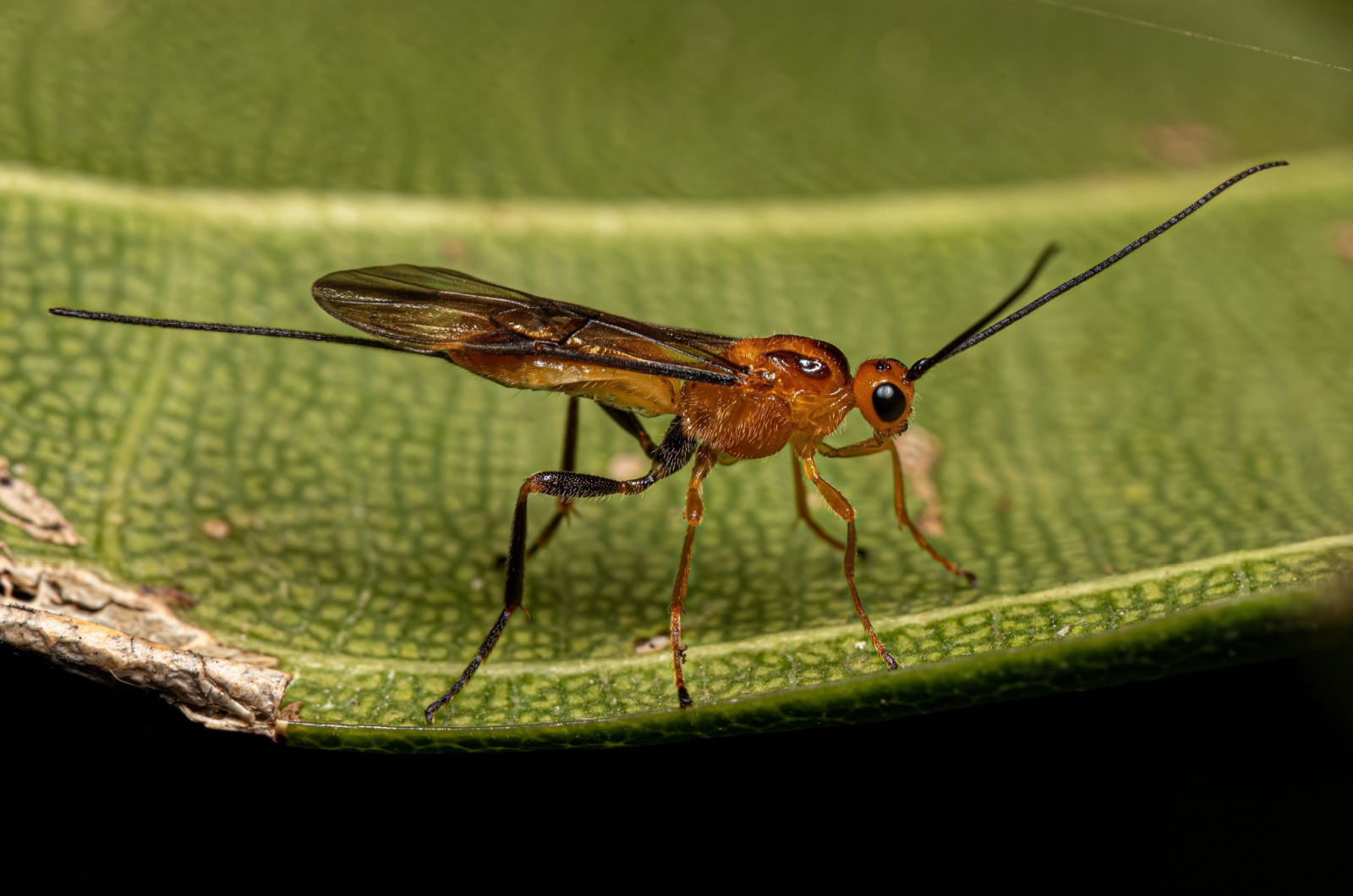
All tomato growers out there will definitely agree with me when I say that the Braconid wasps are the best insects out there!
You see, tomato hornworms are one of the most dangerous pests and can quickly destroy entire tomato plants. I almost gave up on my tomatoes because of this nuisance.
And then I found out about an insect that hates hornworms as much as I do. I mean, I like eating them…
Braconid wasps first lay an egg under the skin on the back of the tomato hornworm. Once the egg hatches and larvae develop, they start feeding on the worm, eating it alive.
Ok, that’s a bit cruel, but who are we to judge Mother Nature? What these hornworms do to tomatoes is way more cruel.
Well, one thing is certain: we shouldn’t see every bug as a foe! The ones I showed you are the true heroes and are here to keep your garden flourishing!


